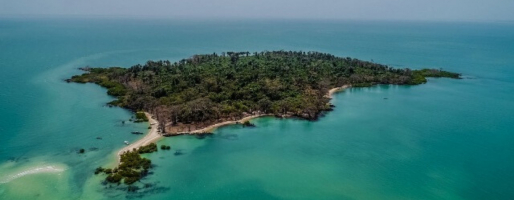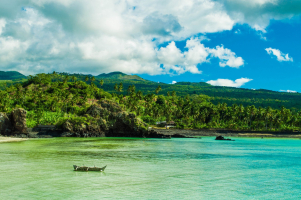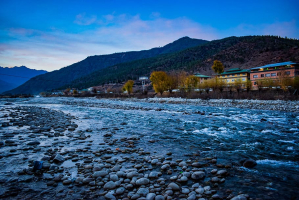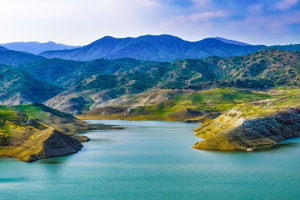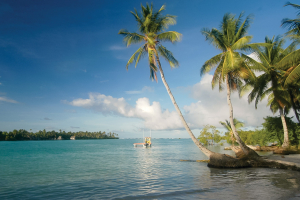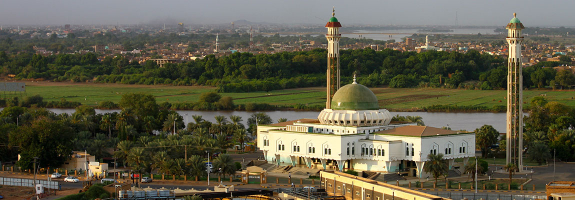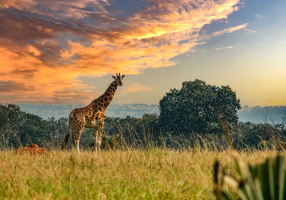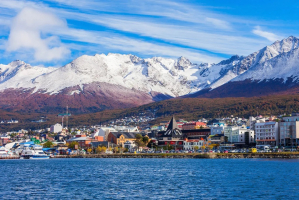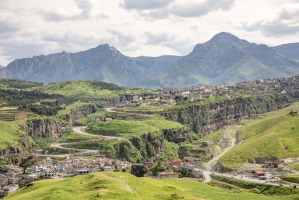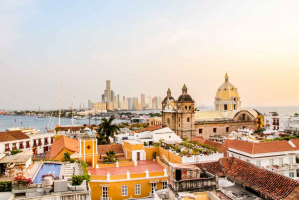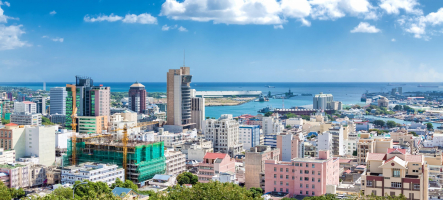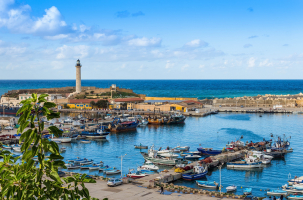Top 12 Things to Know Before Traveling to Kenya
Safari Jeeps and beach scenes come to mind when you think of Kenya, but this country also has exciting city life and rich cultural encounters. As a result, ... read more...Kenya is a popular African safari destination for those looking for the "Big Five": Cape buffalo, black rhinos, leopards, lions, and elephants. From safety and visas to clothing and etiquette, Toplist has compiled a list of things to know before traveling to Kenya on how to make the most of a trip to this East African country.
-
Many nationalities could get a visa on arrival before the COVID-19 pandemic, but now a visa in advance may be required. Check out Kenya's official visa website and give yourself plenty of time to finish the application. Even after submitting and paying, random checks can result in additional questions for some travelers.
You need to make your visa application at least 30 days before your trip. The application is detailed and accessible online. For example, all of your lodgings require addresses, phone numbers, and websites. A travel itinerary, proof of a return air ticket, and a recent color photograph are also required. Kenyan visas are valid for three months after they are issued. Even for domestic flights between Nairobi and Mombasa, print a color copy (or two) of the visa and payment once it's been issued. Don't forget to check the current entry requirements for information on COVID-19 test results, health status, and vaccination records.
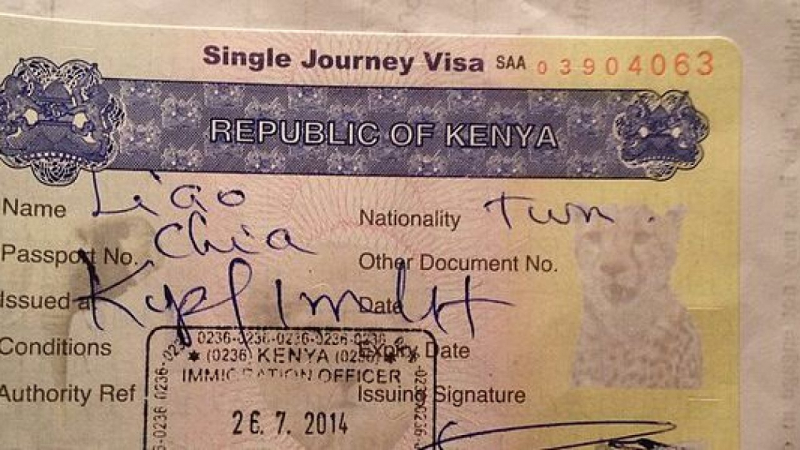
Photo: kenyanevisa.com 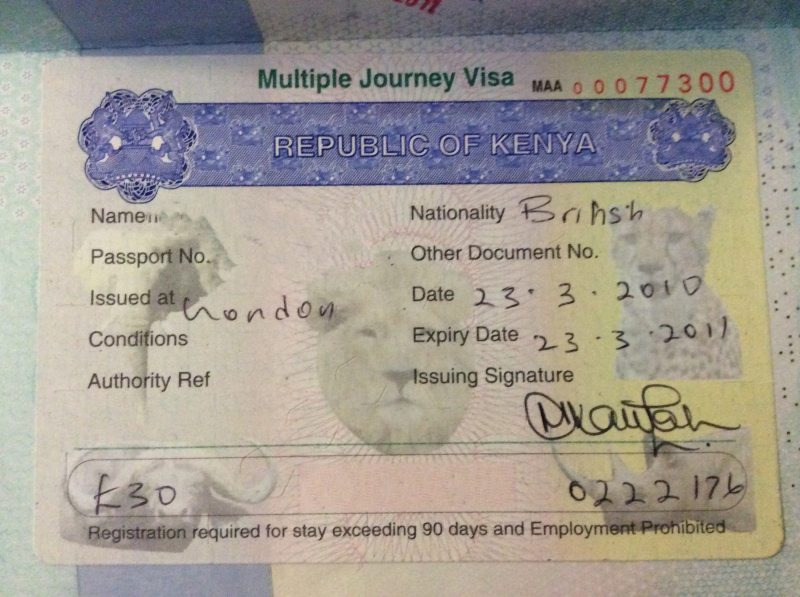
Photo: chaloafrica.com -
The next thing to know before traveling to Kenya is about single-use plastics. As all of us know, one of the most serious threats to the planet's health is plastic pollution. From rainforests to the world's deepest ocean trench, single-use plastics are polluting the majority of ecosystems. Kenya has been a trailblazer in the fight against single-use plastics. For more detailed information, single-use plastics were banned in Kenya in 2017, so leave your carrier bags (and, preferably, single-use plastic water bottles and straws) at home.
Plastic bags, water bottles, and straws are prohibited throughout the country, and luggage is frequently scanned, so do not pack shoes or other items in plastic bags. In national parks, single-use plastic bottles and straws are prohibited; instead, bring a reusable water bottle from home. If you have any single-use plastics, you could be fined. For packing, you are recommended to invest in reusable mesh bags. Therefore, if you plan to have a trip to this country, you need to remember this!
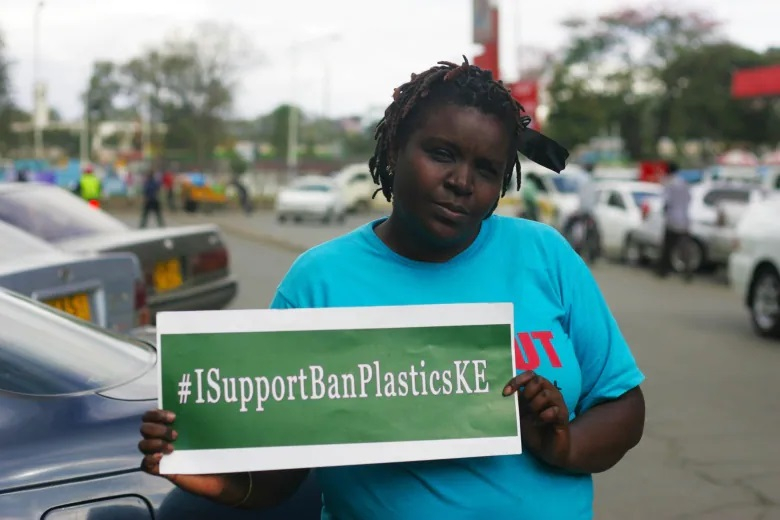
Photo: cbc.ca 
Photo: capitalfm.co.ke -
Knowing how to greet people in a country when traveling is also one of the most important things for everyone. The most common greeting in Kenya is "jambo", but if you want to show off your sheng (a Swahili and English combination popular among Nairobi's younger population), try "mambo vipi". "Poa" is a common response. Say "niaje" instead, and someone will respond with "niaje".
In addition, the most common form of greeting in Kenya is a handshake. Making a firm handshake is more polite and a sign of respect in this country. "Jambo?" or "Habari?" ("How are you?") is commonly said before a handshake. Following a handshake, it is customary to engage in some form of small talks, such as asking general questions about the other person, such as "How is your work?", "How are you and your family doing?" and is frequently peppered with humor and laughter in a non-confrontational and polite manner. It is not uncommon to see people taking time off and at work to talk and catch up as if time were eternal.

Photo: kenyanlife.com 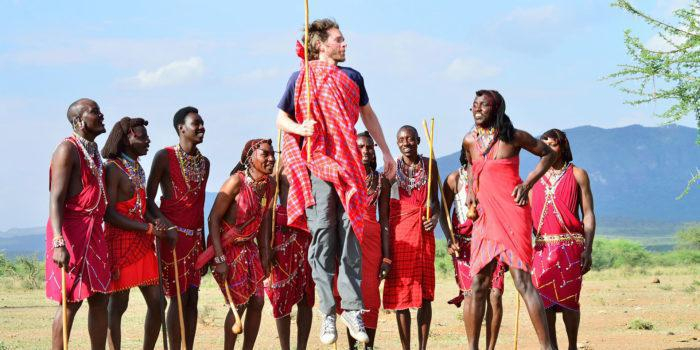
Photo: africansafaris.com -
The next thing to know before traveling to Kenya is about a protection plan against insects. Mosquitoes and other stinging insects (such as tsetse flies and sand flies) can be found in large numbers almost everywhere in the country, especially on safari. A trip to Kenya without proper protection can quickly turn into a disaster.
It is best if you prepare yourself to deal with insects and bugs. Fortunately, in Kenya, there are ways to protect yourself from insects. Bring insect repellent with you and use it frequently. You should always use the netting around your bed at night and bring mosquito jackets as well. It is also recommended that you wear long sleeves and long pants to avoid mosquito bites. Many people also sleep with a mosquito net draped over their bed. In addition, vaccinations such as the DTP (or TDP) vaccine are required for a trip to Kenya. It is also strongly advised that malaria pills be carried in your hand luggage. It is one of the things to know before traveling to Kenya!

Photo: theguardian.com 
Photo: nasonga.com -
One of the things to know before traveling to Kenya is about the time to go on safari in this country. Kenya's diversity of plants and wildlife is due in part to the fact that it has two rainy seasons each year. Kenya has a varied climate due to its diverse geography, but it is considered a year-round destination for safaris and beach vacations. Although safaris are available all year round, the best months for game viewing are the dry winter months of June through August and the warm months of September to mid-November. At the end of November, "short rains" begin. During the "Long Rains" of March to May, some roads may be impassable.
In short, between January and the end of March, most Kenya safari destinations are at their best; the climate is mild, mostly dry, and game viewing is at its best. Naturally, this is the best time to go on safari in Kenya, but a visit during the rainy season - between mid-March and June, and again between October and December - is well worth considering to avoid the peak-season crowds and to take advantage of cheaper off-season rates on accommodation and tours.
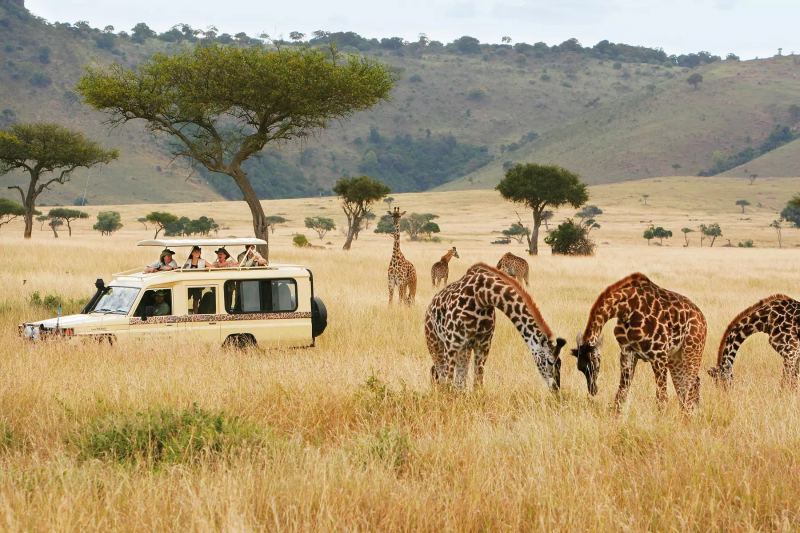
Photo: travelandleisure.com 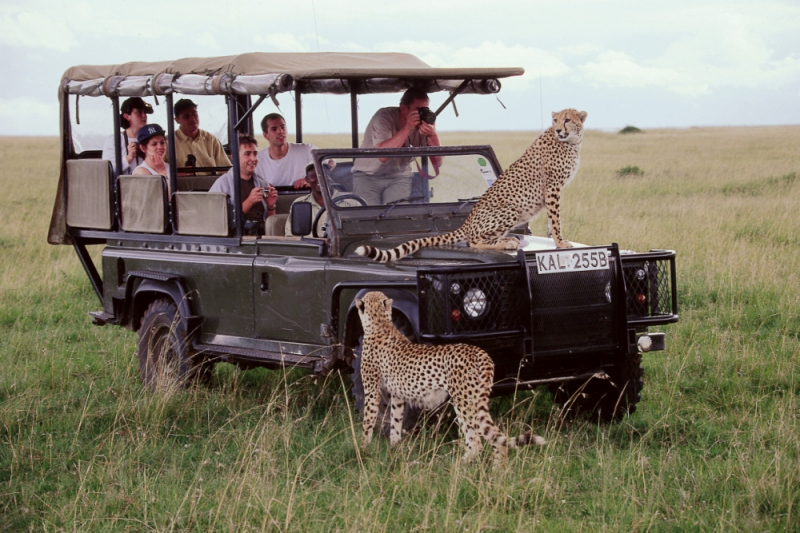
Photo: realmafricasafaris.com -
The safari vehicles in Kenya have limited luggage space, and there will likely be six to eight other passengers on board. For the safari, bring a weekend bag or carry-on. If you plan on staying longer, ask the safari company to store your larger bags for you.
Clothing made of natural fibers, such as cotton or linen, is the best option, while clothing made of synthetic fabric does not "breathe", and you will become uncomfortable and sticky. It is also recommended that you dress in muted or khaki colors to avoid disturbing the animals. Bring a large-brimmed collapsible hat, sunscreen, and collapsible water bottles with you. Make clothing choices for both the day and the night. When you get back to the lodge or camp after a long day on safari, it is nice to change into new clothes. Early morning safaris can be chilly, so bring layers when visiting Kenya. Similarly, temperatures in the highlands can drop at night, necessitating the use of fleeces and even windproof waterproofs. Staying cool, on the other hand, is essential near the coast or in the city. In the midday sun, bring cool, breathable fabrics and cover-up.
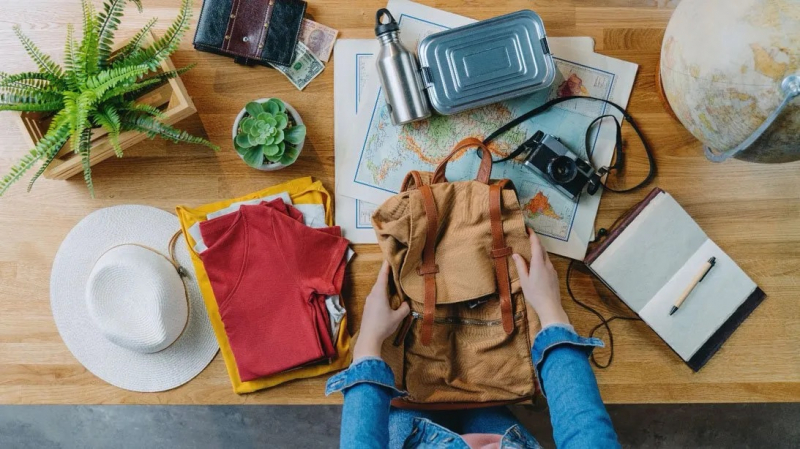
Photo: escapemanila.com 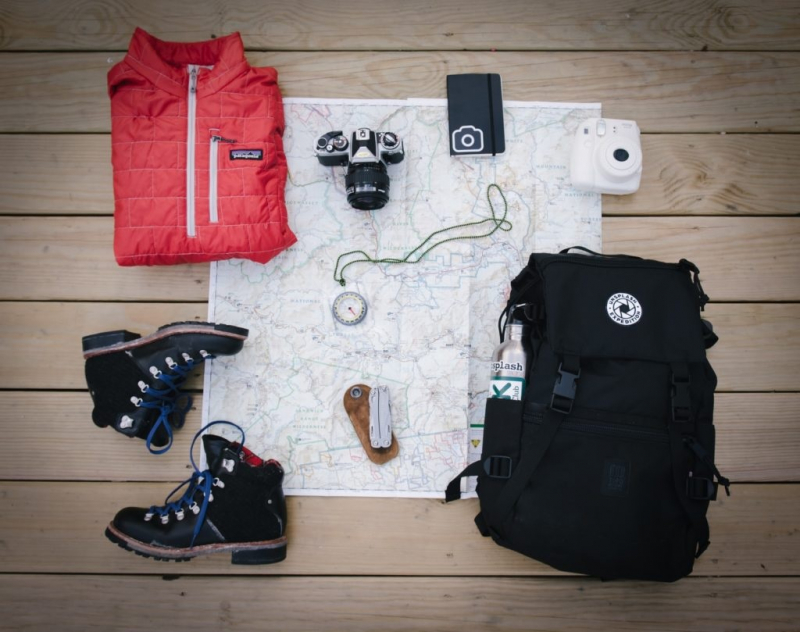
Photo: triplegend.com -
One important piece of advice is to never leave the safari vehicle without armed security. Kiss your hat goodbye if it flies away in an open vehicle. As a result, make sure your sunhat has a drawstring that can be adjusted to keep it on your head. In addition, the most important thing to remember on safari in Kenya is to pay attention to your guides.
The guides are environmental and animal behavior experts who will make the best decisions in any situation. Because it is their job to keep you safe, you must always follow their instructions when having a safari in Kenya. It is crucial not to make too much noise because animals are easily startled. The animals are accustomed to the sounds of vehicles, but they will be disturbed by human noise. If you must speak, do so quietly. Mute your devices to avoid any loud beeping. This is absolutely one of the things to know before traveling to Kenya that you should remember!
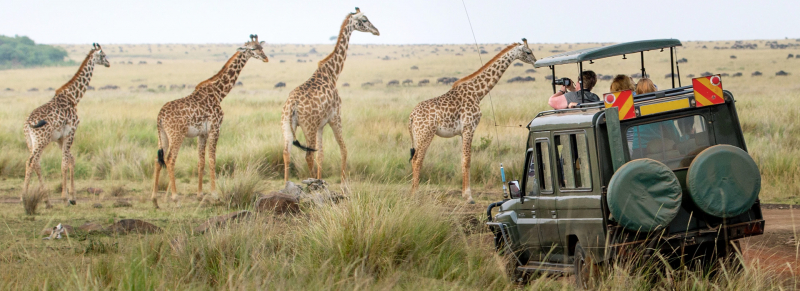
Photo: maasaimarakenyapark.com 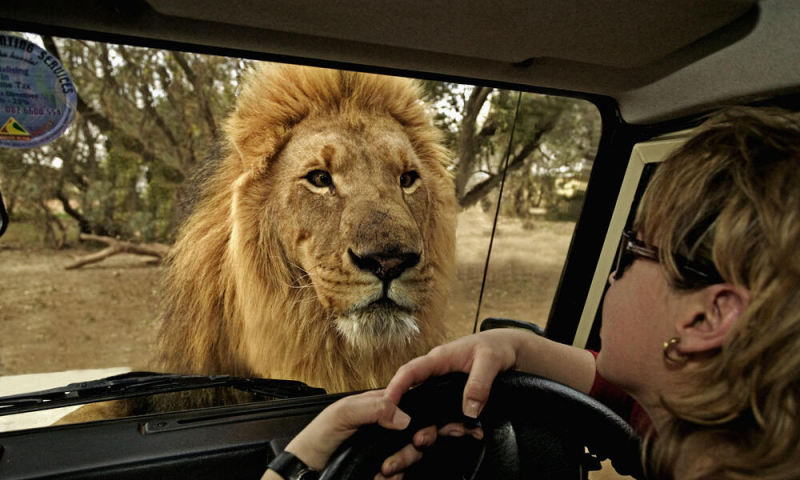
Photo: worldwildlife.org -
Respecting local communities is the next thing to know before traveling to Kenya that Toplist would like to share with you. Africa is a fascinating continent with fascinating cultures and traditions, so treat everyone with respect while you are there. To help build a friendly rapport with the locals and avoid any offensive behavior, you are recommended to read up on the culture of the destinations you will be visiting. When traveling to Kenya, take photos of people only with their permission, especially in rural areas. It is polite to carry a consent form and say "asante" (thank you) if you want to publish any photos, even on social media.
In addition, you should be especially cautious around children and other vulnerable individuals. If you are given permission to take a photo, show it to them. Consider visiting a school or other location that would be unusual in your home country.
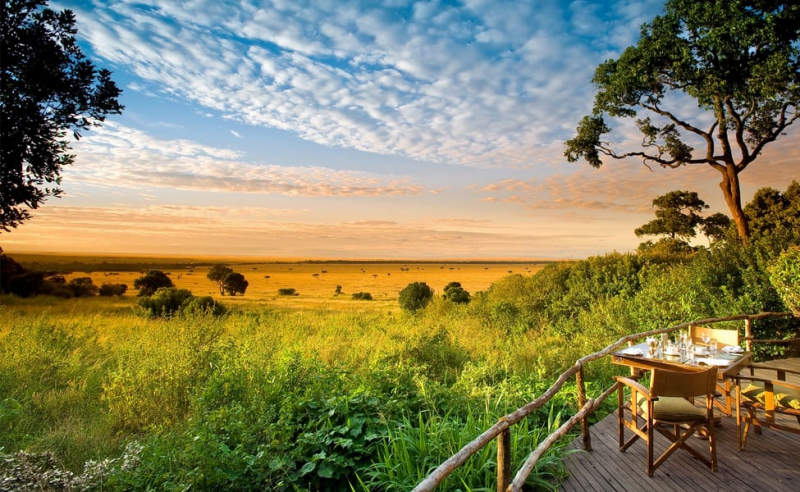
Photo: thrillophilia.com 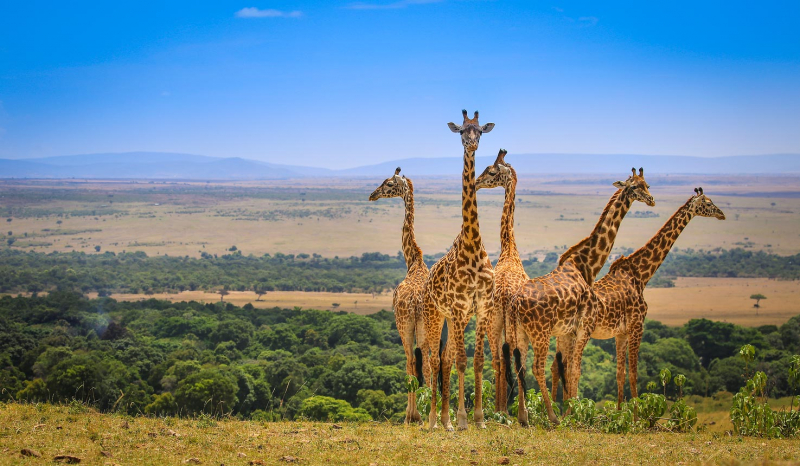
Photo: kenyawildlifetours.com -
Clothes are the next thing to know before traveling to Kenya that Toplist has compiled for you. It is critical to respect the culture and adhere to local customs and dress codes when visiting Kenya. The general rule for dressing in Kenya is to dress conservatively. That means covering your shoulders, knees, midriff, chest, and back with long, loose-fitting clothing. This dress code should be followed everywhere.
Kenya is a moderately conservative country, but you do not have to cover your shoulders and knees everywhere. Shorts, dresses, and sleeveless tops are acceptable in Nairobi, in towns, and on safari, and the same is true for most beach resorts, though walking around in swimwear is not. Dressing more conservatively is recommended in Muslim communities such as Lamu Town. In the heat, loose clothing can be more comfortable. However, in more conservative rural areas, you should dress more modestly and wear longer clothing. This is actually one of the things to know before traveling to Kenya!
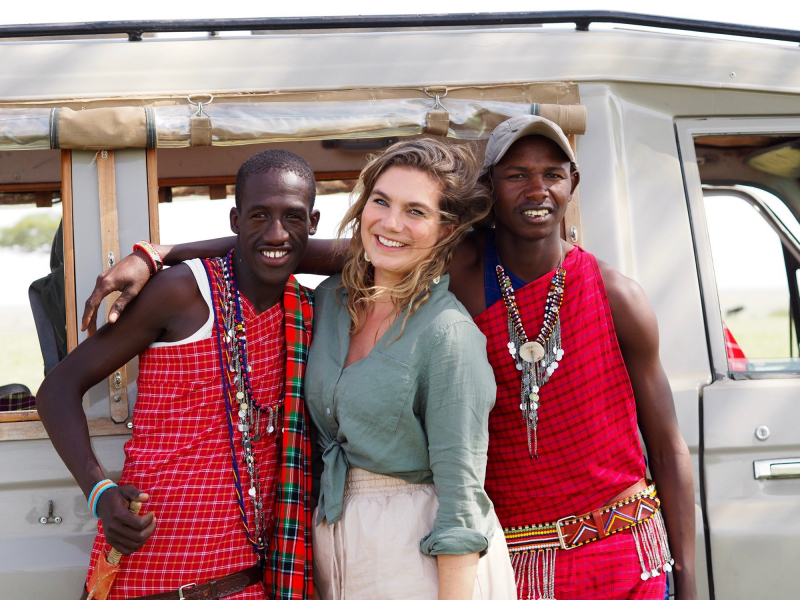
Photo: thisbatteredsuitcase.com 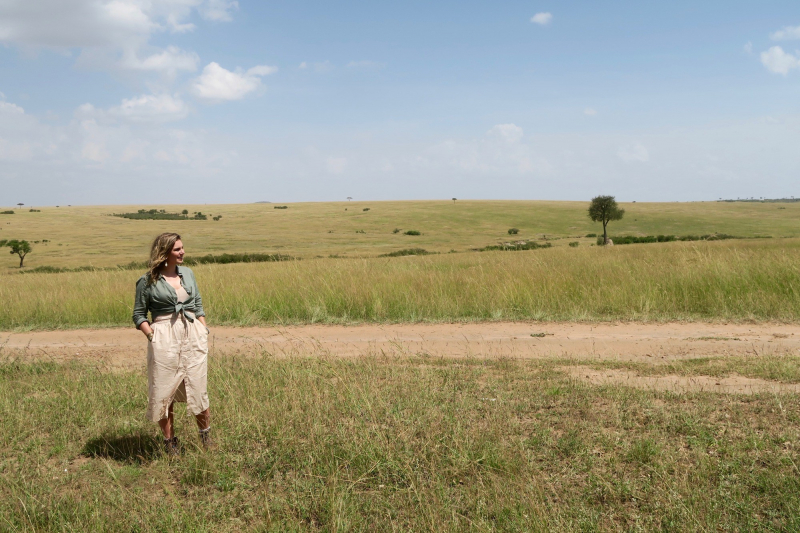
Photo: thisbatteredsuitcase.com -
Another thing that you should know before traveling to Kenya is about bringing a power bank. If you rely on your smartphone in Kenya, bring a power bank with you and keep it charged at all times. If you are going on a safari, bring a spare DSLR camera battery as well as a good flashlight for power outages and walking around the safari camp at night. It will not only assist you in navigating in low light, but it will also aid in the detection of insects and snakes. Headlamps are especially useful for reading and nighttime bathroom trips when camping.
Every night, one of the safari camps where we stayed turned off the electricity for 4-6 hours. Each tent had a portable flashlight, but medical equipment like a CPAP machine requires power. That is why you might want to bring a portable battery with you during the trip to Kenya.

Photo: dienthoaivui.com.vn 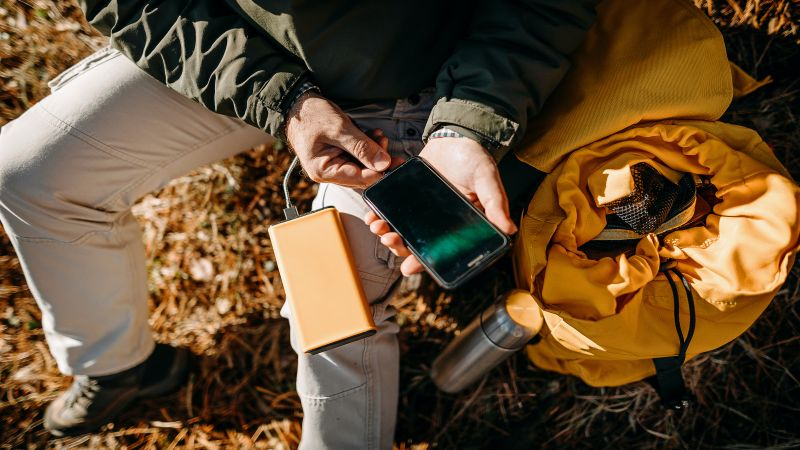
Photo: phohen.com -
Kenyan cuisine is one of Eastern Africa's most unique and intriguing culinary surprises, combining earthy indigenous dishes with the heat and spice of various Asian influences. One of the most popular dishes in this country is Ugali. Ugali, also known as "The African Cake", is a staple food in Kenya. This is due to the fact that it is simple to make. This dish is made by combining maize flour with boiling water and stirring until a grainy texture is achieved.
Ugali is popular among Kenyans because it is simple to prepare, delicious, healthy, and inexpensive. It is best served hot with beef stew, spinach, wet-fried chicken, or your favorite traditional vegetables. This is a popular dish on most Kenyan hotel menus. Some groups, such as the Maasai, prefer it with sour milk. Ugali is also made from sorghum/millet flour for maximum health benefits and a unique taste for those who enjoy whole-grain meals.
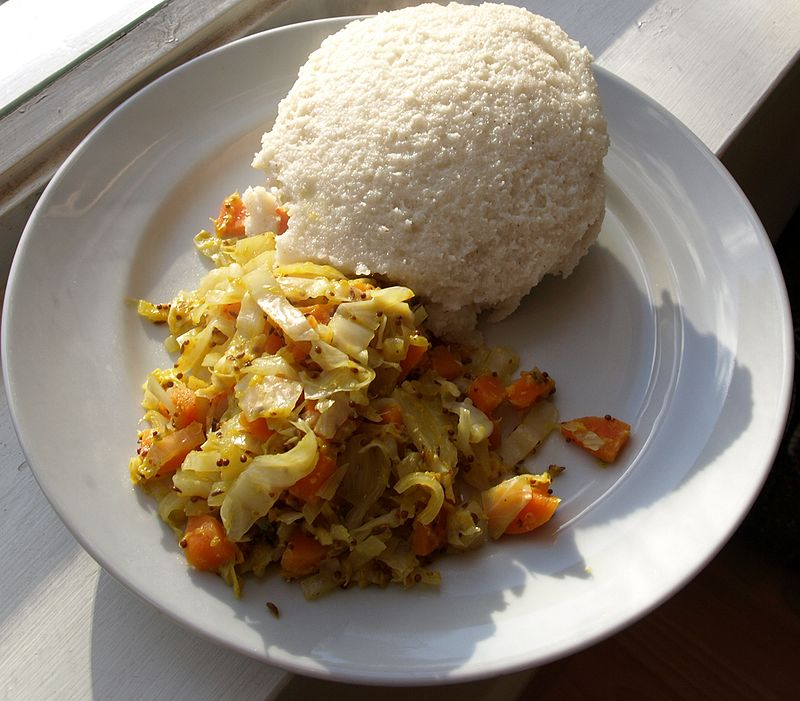
Photo: en.m.wikipedia.org 
Photo: goya.com -
In Kenya, there are numerous events and festivals dedicated to celebrating the uniqueness of art, fashion, and cuisine. Kenya is a hotspot for events and festivals that are lavishly celebrated.
Some of the most famous festivals in Kenya are the Lamu Cultural Festival, Maulidi Cultural Festival, Lamu Yoga Festival, and so on. The Lamu Cultural Festival is held every year in the last week of November on Lamu Island, one of Kenya's oldest historical towns and a UNESCO World Heritage Site. Donkey race competitions are the main event, where racers demonstrate their skill and talent in steering donkeys, making the sport entertaining to watch. The annual event, the Maulidi Cultural Festival, held in the third month of the Islamic calendar between February and April, attracts scholars and Islamic believers from all over the world to Lamu's coastal town to commemorate the Prophet Mohammed's birth. The Lamu Yoga Festival takes place on the Lamu Islands of Shela and Manda, a tropical island with almost empty beaches, fresh seafood, and warm Swahili culture, making it ideal for a relaxing and wellness vacation. This five-day event, which draws yoga enthusiasts from all over the world, began in 2014 with the goal of spreading yoga knowledge in East Africa.
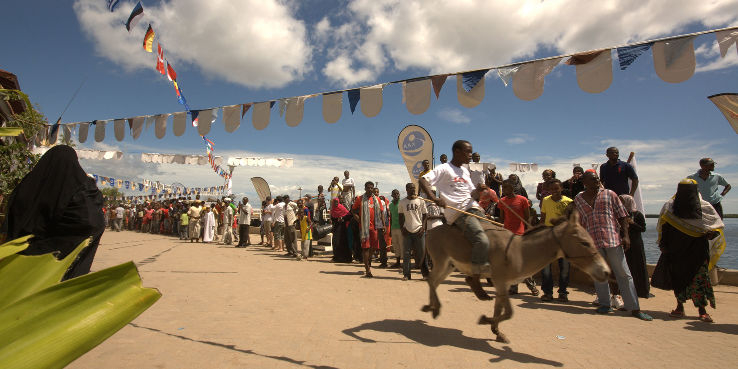
Lamu Cultural Festival. Photo: hellotravel.com 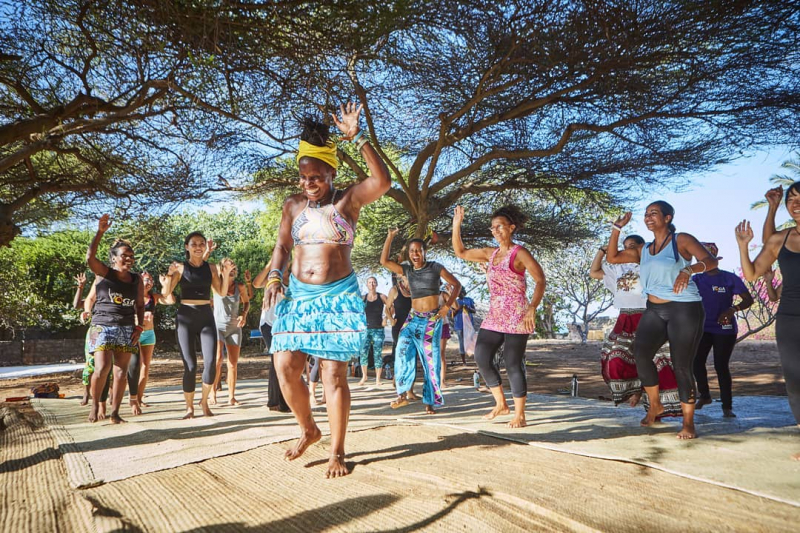
Lamu Yoga Festival. Photo: facebook.com














